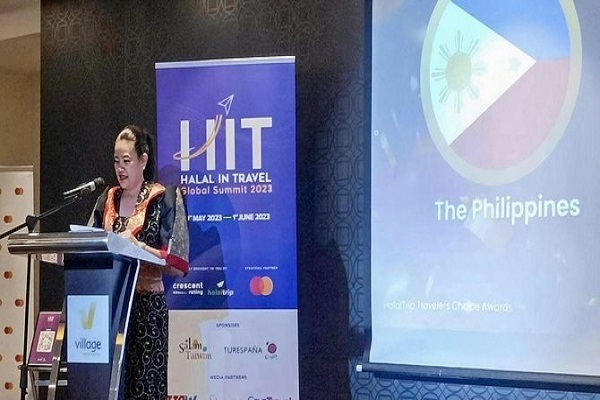
 "
"

 "
"

The Philippines is focusing on positioning itself as a destination that is welcoming and accommodating to Muslim travelers, according to tourism authorities. This comes after the country received an award at the Halal in Travel Global Summit, recognizing its efforts in attracting the growing Muslim tourist group. With a decline in visitors from Europe and China due to the COVID-19 pandemic, targeting the Muslim travel market has become crucial for the Philippines. The government aims to increase arrivals from the Middle East and other Muslim-majority countries, as the Muslim travel market is projected to reach a value of $225 billion by 2028.
The Philippines’ success in becoming an emerging Muslim-friendly destination was acknowledged at the Halal in Travel Global Summit, a prominent industry event held in Singapore. This award is seen as a validation of the collaborative endeavors to establish the Philippines as a preferred choice for Muslim travelers. Secretary Cristina Frasco, quoted by the Philippine Department of Tourism, expressed that the recognition presents significant opportunities to showcase the country’s rich cultural heritage and its Muslim communities, as well as its picturesque destinations, particularly in Mindanao.
Although the Philippines is predominantly Catholic, Muslims make up around 5 percent of the population. Most of the Muslim population resides in Mindanao and the Sulu archipelago, known for their scenic landscapes featuring beautiful beaches and crystal-clear waters. To cater to Muslim travelers, the Philippine Department of Tourism offers a variety of services and amenities in addition to ensuring access to halal food, which adheres to Islamic dietary laws.
Tourism Undersecretary Myra Paz Valderrosa-Abubakar, who accepted the award, expressed the country’s commitment to further promoting tourism and boosting the economy for Muslim visitors. She warmly invited Muslim travelers to explore the hospitality and the abundant natural beauty of the Philippines’ more than 7,000 islands.